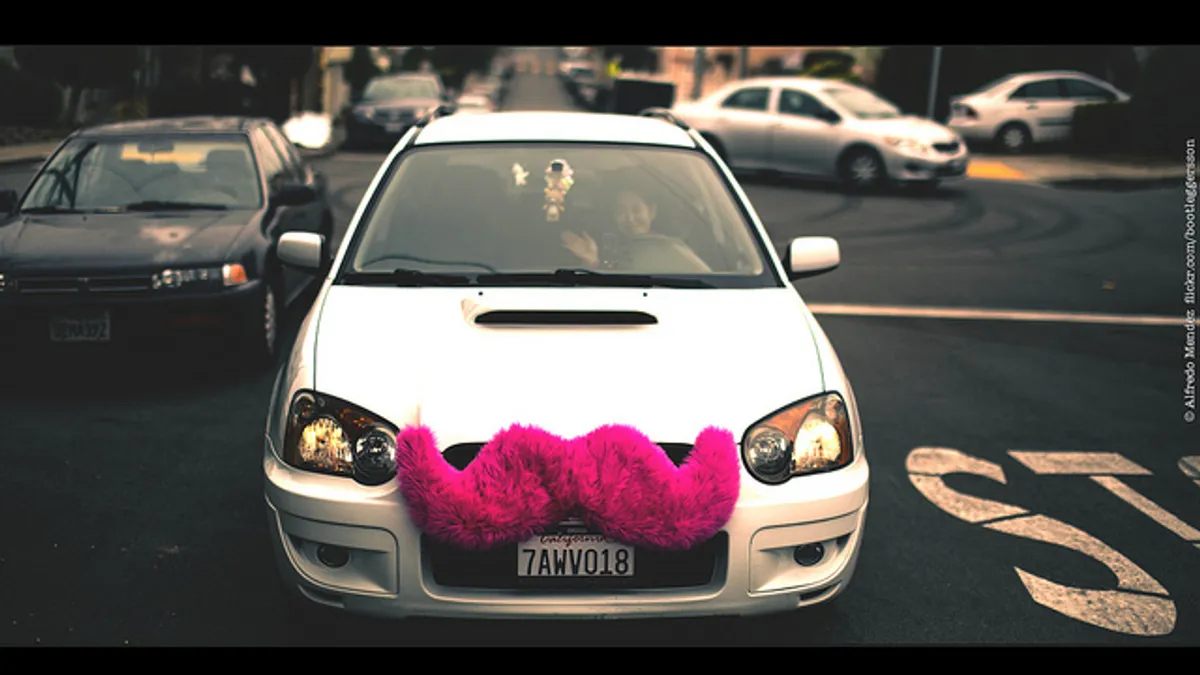Dive Brief:
- A House committee chair said the decades-old Fair Labor Standards Act (FLSA) should be updated to accommodate the growing number of gig workers, Bloomberg BNA reports.
- “The self-employed individuals who rely on the sharing economy for work don’t fit neatly into obsolete job categories defined in another era,” Virginia Foxx (R-NC), Education and Workforce Committee chair, told the audience at the Consumer Technology Association’s New American Jobs Summit.
- Bloomberg BNA says Democrats and Republicans have debated over how to update the FLSA, including how to classify workers who fall between traditional employees entitled to employment protections/benefits and those categorized as independent contractors.
Dive Insight:
The gig economy is predicted to dominate the workplace by 2025. Lawmakers have little choice but to revise the FLSA to cover categories of workers that didn't exist when it was written in the 1930s.
In March, lawmakers participated in a panel discussion, 'Advancing the Social Contract for Gig Economy Workers' in which they considered making gig workers eligible for portable benefits like healthcare, unemployment insurance and retirement plans.
Employers hire gig and contingent workers as needed, which saves on the cost of providing benefits and other perquisites normally afforded full- and part-time employees. It’s unlikely Republican lawmakers will support any measures that raise the cost of hiring gig workers for employers.
Democrats support protecting gig workers’ pay, work hours and other employment conditions. They’ve accused Republicans of trying to throw out such protections through the Working Families Flexibility Act, which supports taking time off in lieu of overtime pay.
It's unknown how effective these discussions will be in changing the law to accommodate gig workers, but the process is worth HR leaders' attention.












